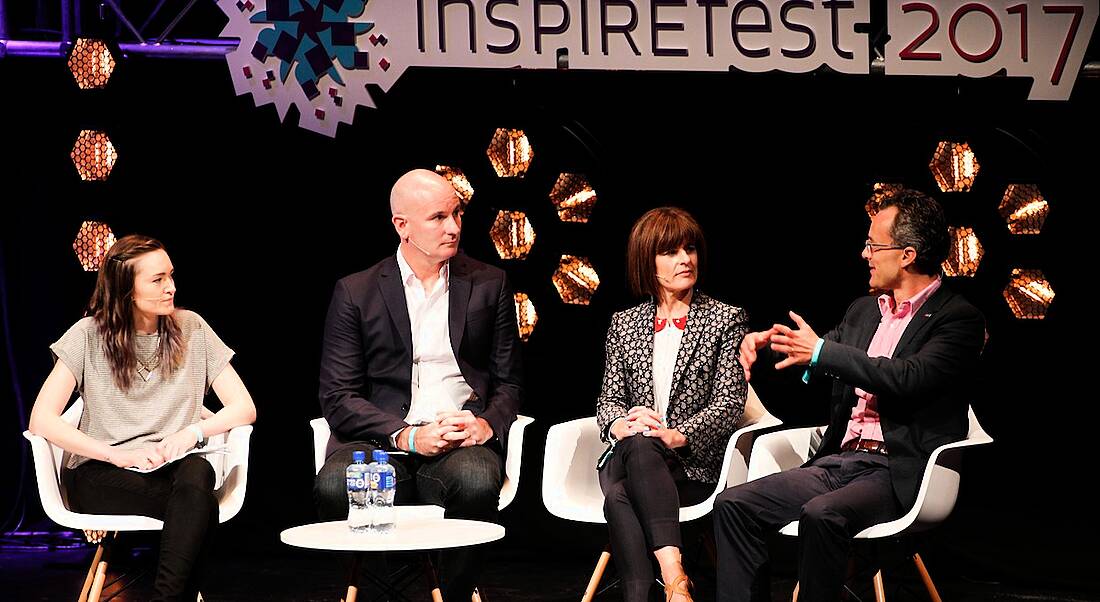From robots taking jobs to humans becoming over-productive, we looked at some of the major trends facing us in the future of work.
There has been a lot of talk in recent times about the future of work and what it will look like.
How will societal changes affect our offices? Will advancements in AI lead to job losses or job creation? With longer working days and more connectivity than ever, how much will we be expected to work in the future?
Aiming to tackle some of these questions, Inspirefest 2017 took place in Dublin from 6 to 8 July. Among a number of riveting and inspiring keynotes from global leaders and experts in sci-tech, the future of work – and, more importantly, our work in the future – was explored.
“For my daughter, I don’t know what she should be when she grows up because I don’t know what jobs are going to be there,” said Adrienne Gormley, head of customer experience at Dropbox.
AI and the future of work
She was speaking as part of a panel entitled ‘How We Will Work in 2020’ and addressed the unknown future of jobs. However, Gormley also said the idea of AI taking jobs is not something to be feared but welcomed.
She, along with her fellow panellists, Colin Graham, director of international compensation and benefits at Facebook, and Thomas Jelley, director of Sodexo Institute for Quality of Life, said that we should want AI to come in and take a lot of the administrative work away from us.
Graham agreed, asking: “How can we use our level of artificial intelligence to curate certain things and help people do the work they really want to do?”
Jelley added that instead of worrying about the future of work in which robotics and AI will be present, we should start planning for it.
“50pc of today’s activities can be automated but they haven’t been automated yet,” he said. “So, it’s up to us to figure out how that’s going to be.”
Of course, there is also a worry about the health implications that might come from an overtly sedentary lifestyle if we give the menial tasks and physical labour over to the robots.
Jelley argued that giving robots (such as exoskeletons) physical jobs can actually protect our health. “There’s a lot to be said for getting rid of some of the physical activity for robots to do,” he said, citing dangerous heights and toxic substance work.
However, he reiterated the importance of planning for the consequences of AI and robots taking certain jobs away from humans. If their place in the future of work leads to decreased activity in humans, it’s important to start taking physical exercise more seriously.
An overworked future
The second focal point of what the future of work will look like is the nature of ‘busyness’. With so many productivity apps and methods of communication, we’re heading towards a dangerously overworked future.
How can the present workforce plan for the future of productivity and how can they manage what is expected of them? Is it even possible to say no?
“Try and make work, work for you,” said Graham. “The company will take whatever you give them, so you have to be disciplined.”
Gormley agreed, saying she rarely takes meetings in the evening or works weekends. “It’s OK to push back.”
However, while it’s important for employees to think about their own boundaries, Graham encouraged the leaders and managers in the crowd to build that discipline among their own employees.
“You have to try and intervene and force them to take time out during the day,” he said.
While the future of work remains largely unknown, predictions can be made, and insights can be gleaned from the progression of the work environment so far.
The overriding advice for those thinking about what lies ahead for them professionally is to prepare for what you can, and be agile and susceptible to change for the rest.




